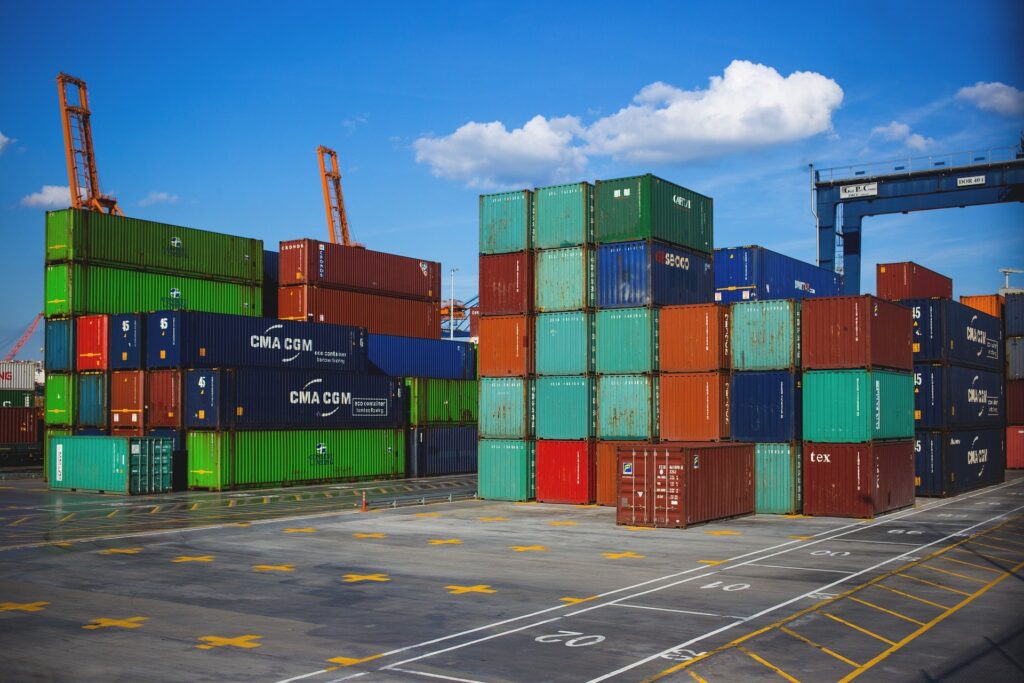Bonded warehousing provides a safe environment where commodities subject to import duty and VAT, often known as bonded goods, are stored to avoid being confiscated. It is possible to postpone the payment of customs and other taxes until the imported items are ready to be sold out. Keeping inventory in a bonded warehouse has several advantages for businesses that are importing or exporting goods subject to taxes and import duty.
Following are the 6 major benefits of using a bonded warehouse.
1. Defer Customs Duty
Payment is due only after the products leave the warehouse and are put on the market for sale. This gives you time to complete any additional pre-sale preparations, and it can also provide a welcome boost to your cash flow during the sale process. If the items are to be exported, the costs of transportation and storage are eliminated. The use of bonded warehousing can help businesses reduce their tax expenses by 25–30 percentage.
2. Improved Customer Service
In a bonded warehouse, it is possible to order goods well ahead of projected demand and hold them until they are needed, allowing you to provide a better experience to your clients. Bonded warehouses offer importers stress-free storage space, allowing them to transit products without difficulty. The bonded warehouses are under 24-hour monitoring, have postponed duties and taxes, and are not under any time constraints to complete papers or make payments.
3. Quality Assurance
Bonded warehousing facilities are built to store any product for an extended period without compromising the quality. In addition to dry containers and freezers, temperature-controlled storage facilities are also accessible on-demand. Bonded warehouses are suited to store anything that you can think of safely. Bonded warehouses are readily available to store perishable goods and those that need to be kept in a climate-controlled environment. This will let you store your goods in a bonded warehouse for as long as you desire without having to worry about them being affected by the environment.
4. Enhanced Security
Importing products into some other country may be a stressful and anxious experience for some. One of the last things they would want to happen is that they begin to worry about their product’s safety. When you store products in a bonded warehouse, you can rest confident that they are secure and that no one will gain access to your products. In order to protect both the commodities being stored and the people who work in the warehouses, bonded warehouses are frequently outfitted with high-tech security and fire suppression systems to keep everyone safe, including the goods themselves. Other advanced and effective security solutions such as security cameras, barcoding systems, and inventory management software are available, ensuring that all commodities stored are thoroughly documented and preserved.
5. Port Accessibility
Bonded warehouses are located near ports and are used to store products that have been cleared from a CFS (Container Freight Station). This enables businesses to store imported goods closer to the discharge ports, lowering lead times and cutting down their logistics expenses.
6. Convenient For International Shipping
One of the most significant benefits of using a bonded warehouse is convenience for firms that regularly ship abroad. A company can import products into a bonded warehouse globally and store them there until they are needed again.
The merchant can then choose between two possible paths:
- Importing – When there is a significant decrease in demand for the products, they can be stored in warehouses until the demand increases. At that point, the importer will be responsible for paying tariffs on the items as they are transported to their final destination inside the country of holding. It is not necessary to import all of the goods at the same time.
- Exporting – Merchants can hold products at the warehouse to assist asset consolidation before the commodities are exported again. The merchant does not have to pay duty fees till the consolidated products are kept under the supervision of Customs. This avoids the possibility of double taxation.
Frequently Asked Questions
A bonded warehouse is a facility or other guarded area where dutiable commodities may be stored, manipulated, or manufactured duty-free.
The term bonded goods refer to products that have been imported but on which tariffs, taxes, and any other customs charges are still payable. These commodities are often stored in a customs bonded warehouse where customs authorities have custody of the goods.
A bonded warehouse can be an attractive choice for importers and exporters for various reasons; for example, deferred payments on such products mean that no tax is paid until the goods are sold, which can significantly enhance the cash flow of firms. Another example is that goods can be imported and kept in bonded warehouses well before peak season, ensuring that they are ready for order fulfilment without delay throughout the busy season.
Related posts
- Everything You Need To Know About A Bonded Warehouse
- What Is Warehousing?
- 13 Most Important Warehouse Processes
- 10 Practical Tips To Reduce Warehouse Costs
- What Is On-Demand Warehousing?
- How to start a warehouse business
- Cold Storage: Challenges & Opportunities
- Top 10 Ways To Reduce Supply Chain Costs
- Warehouse Management System (WMS)
- Role Of Warehouses In Supply Chain
- Warehousing in Pune : Report 2021
- 6 Major Advantages of Cold Storage
- List Of 11 Best Logistics Companies In India
